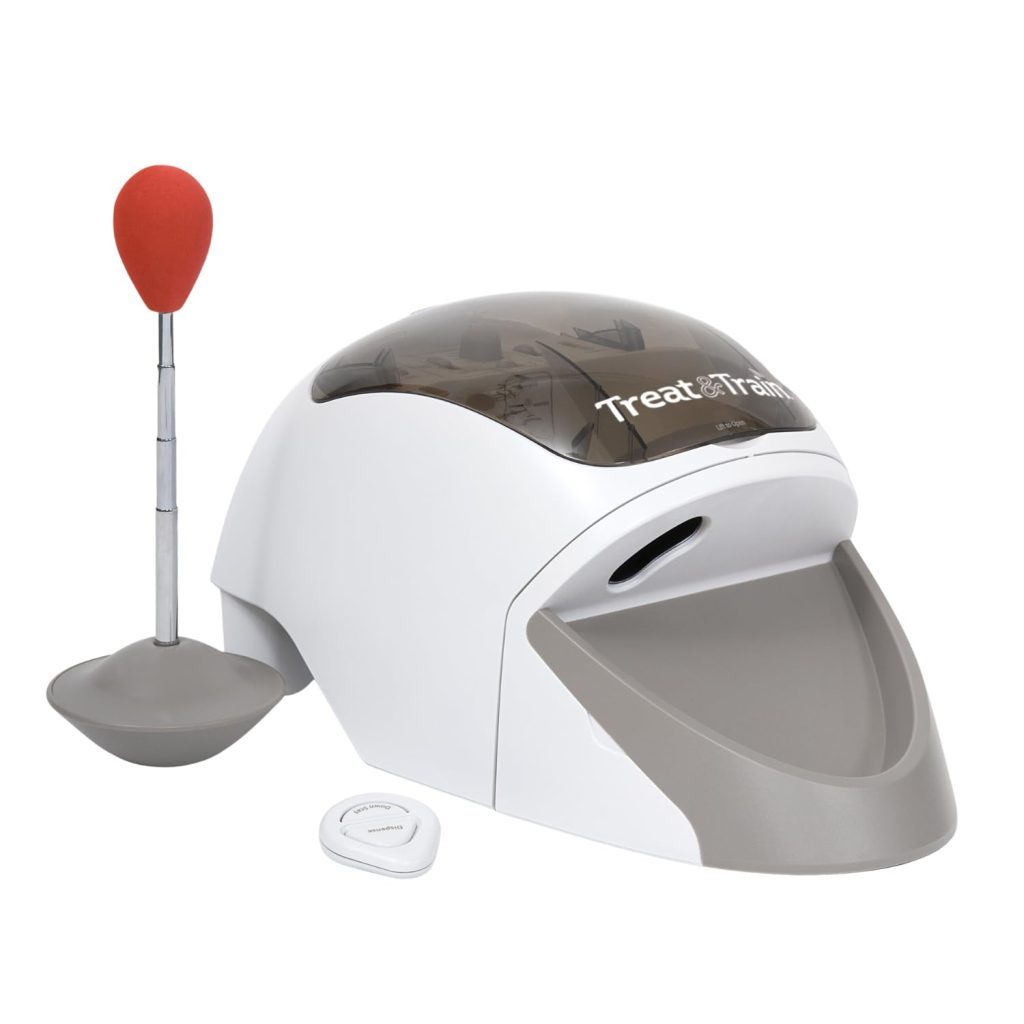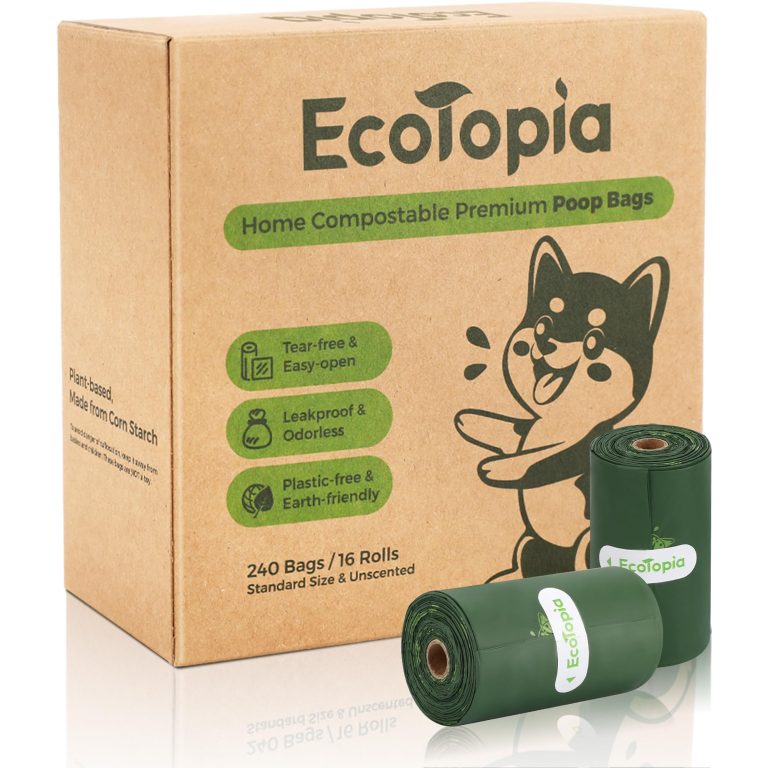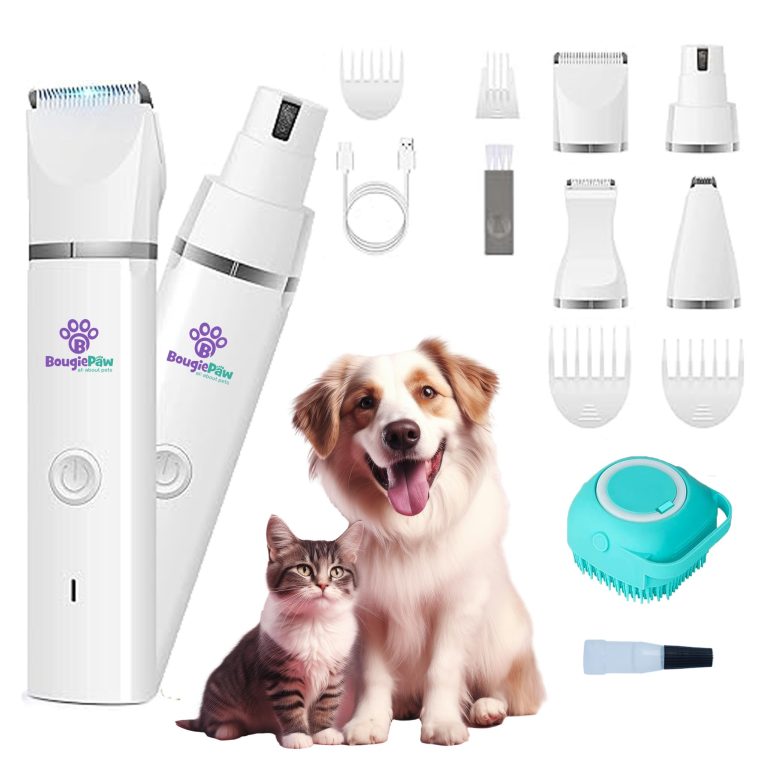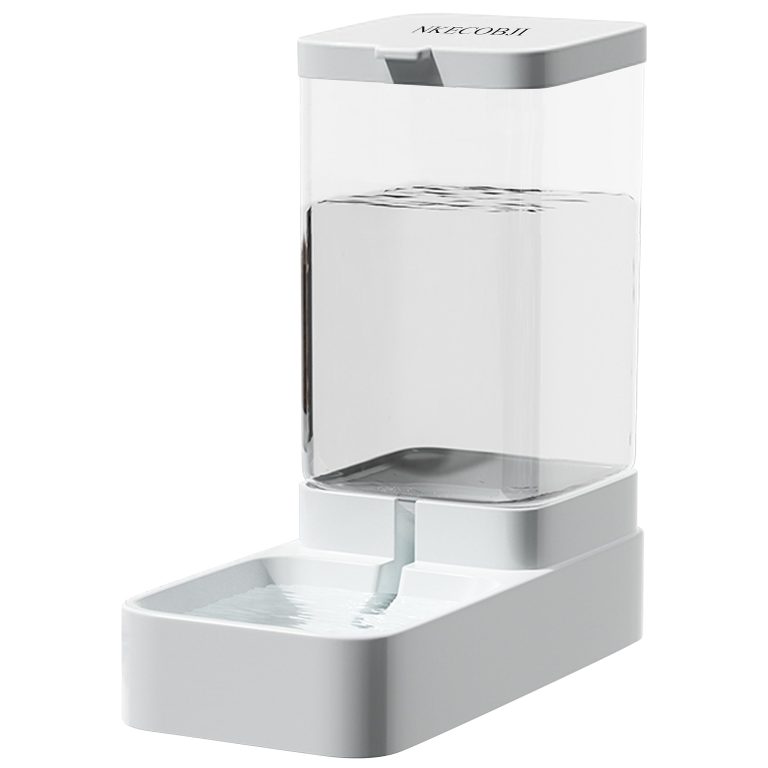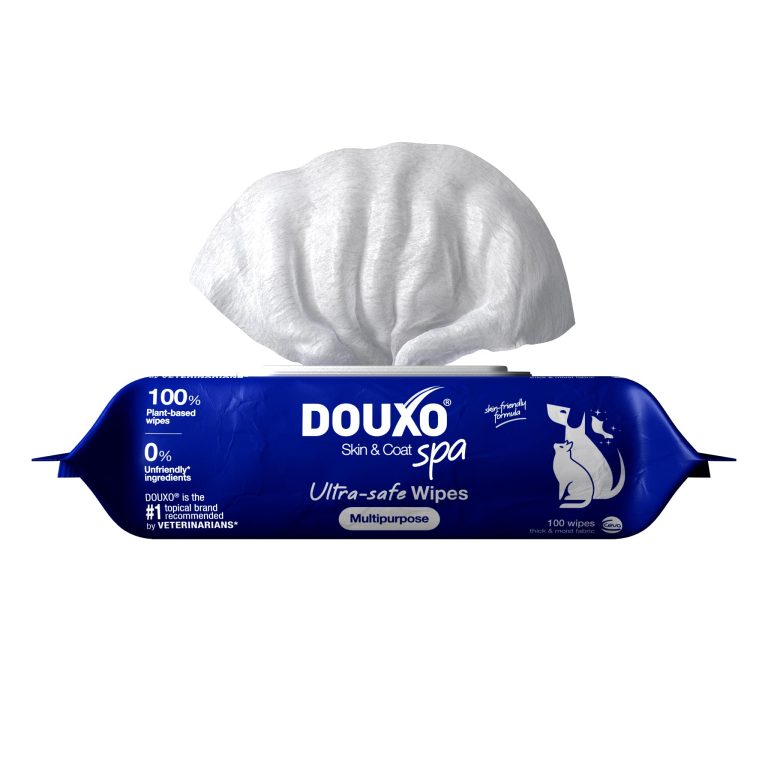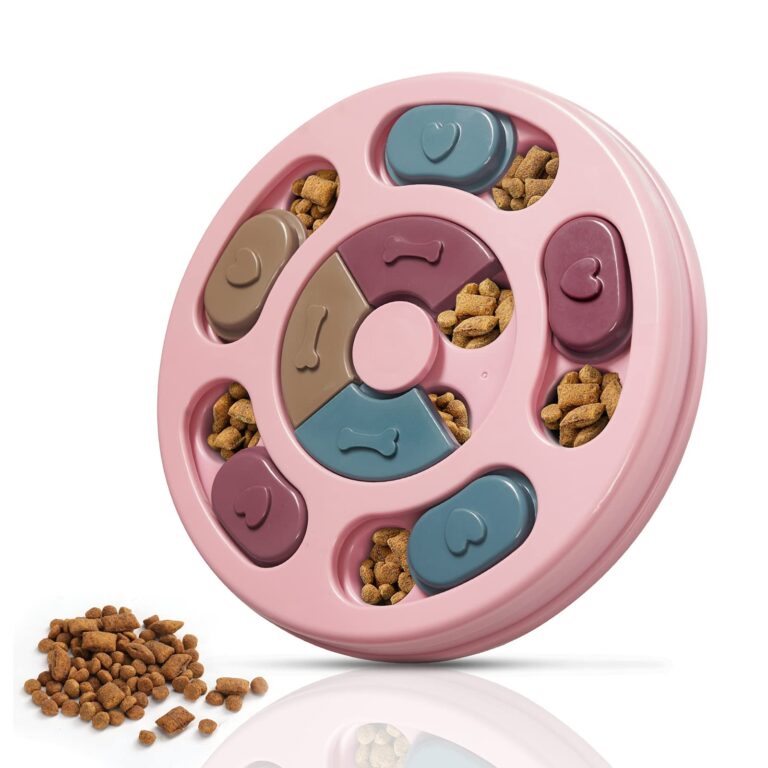Creating a Dog-Friendly Yard – Tips for a Safe Outdoor Space
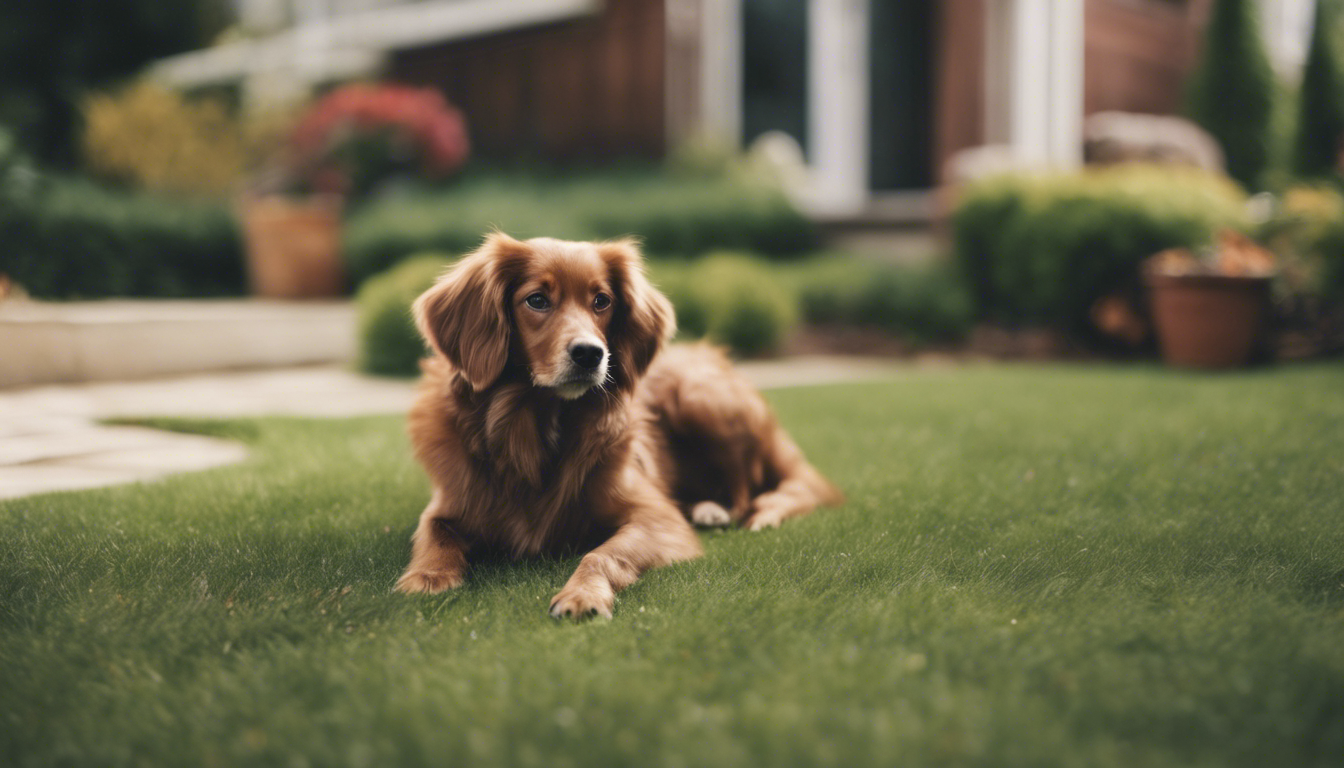
Dogs bring so much joy and happiness to our lives, and as pet owners, it is our responsibility to ensure their well-being and health. One important aspect of canine health is creating a dog-friendly yard. A safe and engaging outdoor space can provide exercise, mental stimulation, and preventive care for your furry friend. In this article, we will explore essential aspects of canine health and provide practical tips for creating a dog-friendly yard.
Exercise Requirements
Regular exercise is important for maintaining a dog’s physical and mental health. The amount of exercise needed varies depending on the breed, size, and age of your dog. Consult with your veterinarian to determine the appropriate exercise regimen for your furry friend. Here are some general guidelines:
- Ensure your yard has enough space for your dog to run and play freely.
- Create designated paths or a fenced area for your dog to follow.
- Place toys and agility equipment strategically for added exercise opportunities.
- Engage in interactive play sessions with your dog in the yard.
Common Health Issues and Treatments
Dogs can be prone to certain health issues, and it is important to be aware of the signs and symptoms. Regular veterinary check-ups can help detect and treat any potential problems. Here are some common health issues in dogs:
- Obesity: Maintain a balanced diet and provide regular exercise to prevent obesity. Consult your veterinarian for appropriate feeding guidelines.
- Heartworm Disease: Use preventive medications recommended by your veterinarian to protect your dog from heartworm infection.
- Joint Problems: Large breeds may develop joint issues. Provide comfy bedding and consider joint supplements as recommended by your vet.
- Dental Problems: Regular dental care is essential. Brush your dog’s teeth, provide dental chews, and schedule professional cleanings if needed.
Dental Care
Just like humans, dogs need proper dental care to prevent dental diseases and maintain good oral hygiene. Regular dental care can help avoid issues such as gum disease, tooth decay, and bad breath. Here are some tips for maintaining your dog’s dental health:
- Brush your dog’s teeth regularly using a pet toothbrush and toothpaste.
- Offer dental chews, dental-specific toys, or treats that promote dental health.
- Schedule professional dental cleanings with your veterinarian when necessary.
Age-Related Health Changes
As dogs age, they may experience certain health changes that require additional care and attention. Understanding these changes can help you provide the appropriate support for your senior dog. Some common age-related health changes in dogs include:
- Arthritis: Provide comfortable bedding and ponder joint supplements to alleviate arthritis symptoms.
- Decreased Mobility: Modify your yard to accommodate your senior dog’s needs, such as installing ramps or steps.
- Vision and Hearing Impairment: Make sure your yard is safe and secure for dogs with impaired vision or hearing.
- Mental Stimulation: Engage your senior dog in mentally stimulating activities such as puzzle toys or gentle training sessions.
- Regular Veterinary Check-ups: Schedule more frequent vet visits to monitor and address any age-related health concerns promptly.
Mental Stimulation
Mental stimulation is important for a dog’s overall well-being and can help prevent behavioral issues caused by boredom. Here are some ways to provide mental stimulation in your dog-friendly yard:
- Provide interactive toys that require problem-solving skills.
- Create a sensory garden with different textures, scents, and sounds to engage your dog’s senses.
- Practice obedience training and teach new tricks to keep your dog’s mind sharp.
Preventive Care
Preventive care plays a vital role in keeping your dog healthy and preventing diseases. Regular veterinary check-ups, vaccinations, and parasite prevention are important. Here are some preventive care measures for your dog-friendly yard:
- Keep your yard clean from waste to prevent the spread of parasites and bacteria.
- Use flea and tick prevention products as recommended by your veterinarian.
- Maintain a regular vaccination schedule to protect your dog from common diseases.
- Regularly inspect your yard for potential hazards such as toxic plants, sharp objects, or holes.
Remember, implementing these practices and providing proper care and attention to your dog’s physical and mental needs will promote their well-being and health.
